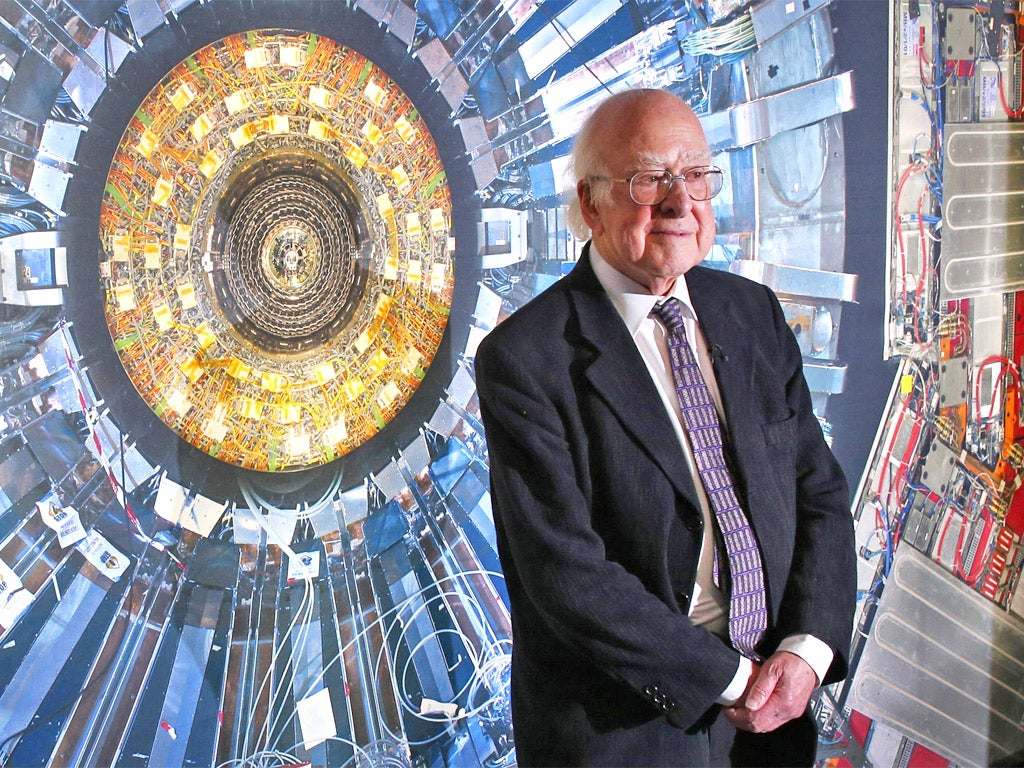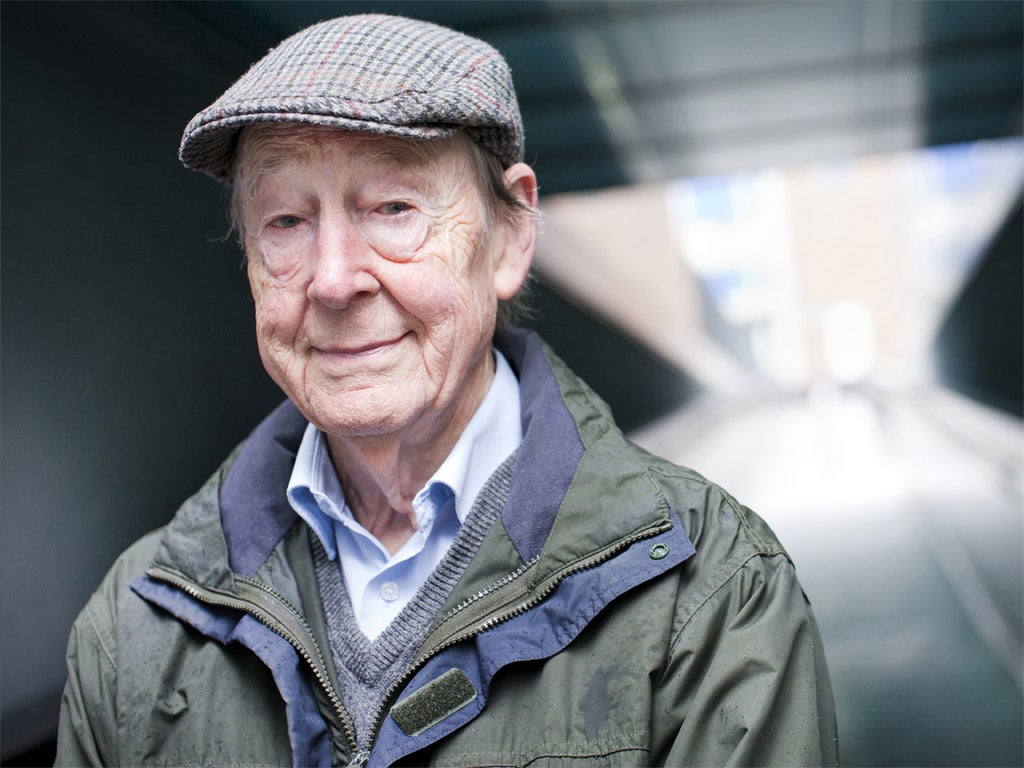A Nobel effort: The winners and losers in the battle for the top prize
Peter Higgs said that Tom Kibble, his erstwhile competitor at Imperial College in London, should have been awarded a share of his prize

Your support helps us to tell the story
From reproductive rights to climate change to Big Tech, The Independent is on the ground when the story is developing. Whether it's investigating the financials of Elon Musk's pro-Trump PAC or producing our latest documentary, 'The A Word', which shines a light on the American women fighting for reproductive rights, we know how important it is to parse out the facts from the messaging.
At such a critical moment in US history, we need reporters on the ground. Your donation allows us to keep sending journalists to speak to both sides of the story.
The Independent is trusted by Americans across the entire political spectrum. And unlike many other quality news outlets, we choose not to lock Americans out of our reporting and analysis with paywalls. We believe quality journalism should be available to everyone, paid for by those who can afford it.
Your support makes all the difference.Peter Higgs must be one of the most modest members of that elite club of scientists known as Nobel Laureates. He often refers to the Higgs boson, the subatomic particle that gives mass to matter, as simply "the particle that bears my name". And now he says that another scientist should have shared the prize with him.
Earlier this week at the opening of Collider, the Science Museum's exhibition in London on the Large Hadron Collider at Cern in Geneva, Higgs cemented his reputation as one of the nicest men in science by saying that it was a pity that Tom Kibble, his erstwhile competitor at Imperial College in London, was not awarded a share of the prize with him and François Englert, of the Free University of Brussels.
"His role was important and I think it's perhaps a shame that he's been missed out," said Higgs, who added that he is due to meet Kibble in a couple of weeks in Edinburgh, the first time the two have spoken since Higgs was awarded his share of the Nobel Prize for Physics in October.
The story of why Kibble missed out exemplifies the difficulties faced by the Nobel committee, which deliberates in utmost secrecy after receiving confidential nominations from experts around the world. The rules state that each prize cannot be shared by more than one living person, which in itself creates difficulties in an age of close scientific collaboration.
In the case of the 1964 work leading up to the Higgs boson, there were six people involved in publishing scientific papers in this field of fundamental physics. Englert and his colleague Robert Brout still managed to publish first despite delaying their paper to double check they hadn't made any mistakes.
Higgs, working on his own, published next and was the first to be explicit about a particle – which is why it bears his name. Kibble, working with Americans Carl Richard Hagen and Gerald Guralnik, published last. But they were no Johnny-come-latelys – it is widely accepted that their contribution was the most thorough and complete of the three groups.
"Our paper was unquestionably the last of the three… and it is therefore no surprise that the Swedish Academy felt unable to include us, constrained as they are by a self-imposed rule that the prize cannot be shared by more than three people," Kibble, now 80 and emeritus professor at Imperial College London, said recently.

Higgs believes that Kibble's later contributions, published in 1967, should have earned him the third place on the Nobel podium. Although, like so many other scientists who have narrowly missed out on the greatest accolade in science, this would hardly have been fair to Guralnik and Hagen.
The Nobel Prize has always been a lottery and for as long as it has existed controversy has never been far away. Take the word boson itself, named after Satyendra Nath Bose, an Indian physicist who was never recognised with a Nobel for his work on quantum theory in the 1920s, even though many thought he deserved one.
But there again, theorists have always had a problem with the Nobel. Theories must have an empirical basis to win the prize, which is why Albert Einstein never won a Nobel for his two theories of relativity (his Nobel was for the photoelectric effect) – and why Higgs could only get his after his boson was shown to exist.
More difficult is deciding who to include and who to leave out. Frederick Banting famously fell out with the Nobel committee for awarding the 1923 prize to him and John Macleod for the discovery of insulin. Banting thought he should have shared it with his assistant, Charles Best.
Perhaps the time has come for the three- person rule to be reviewed, especially in fields such as physics where collaborations involving dozens of scientists are the norm rather than the exception.
The Nobel committee could also consider awarding the science prizes to scientific organisations, such as Cern in Geneva, and not just to individuals. After all, collaboration is the true spirit of science.
Join our commenting forum
Join thought-provoking conversations, follow other Independent readers and see their replies
Comments